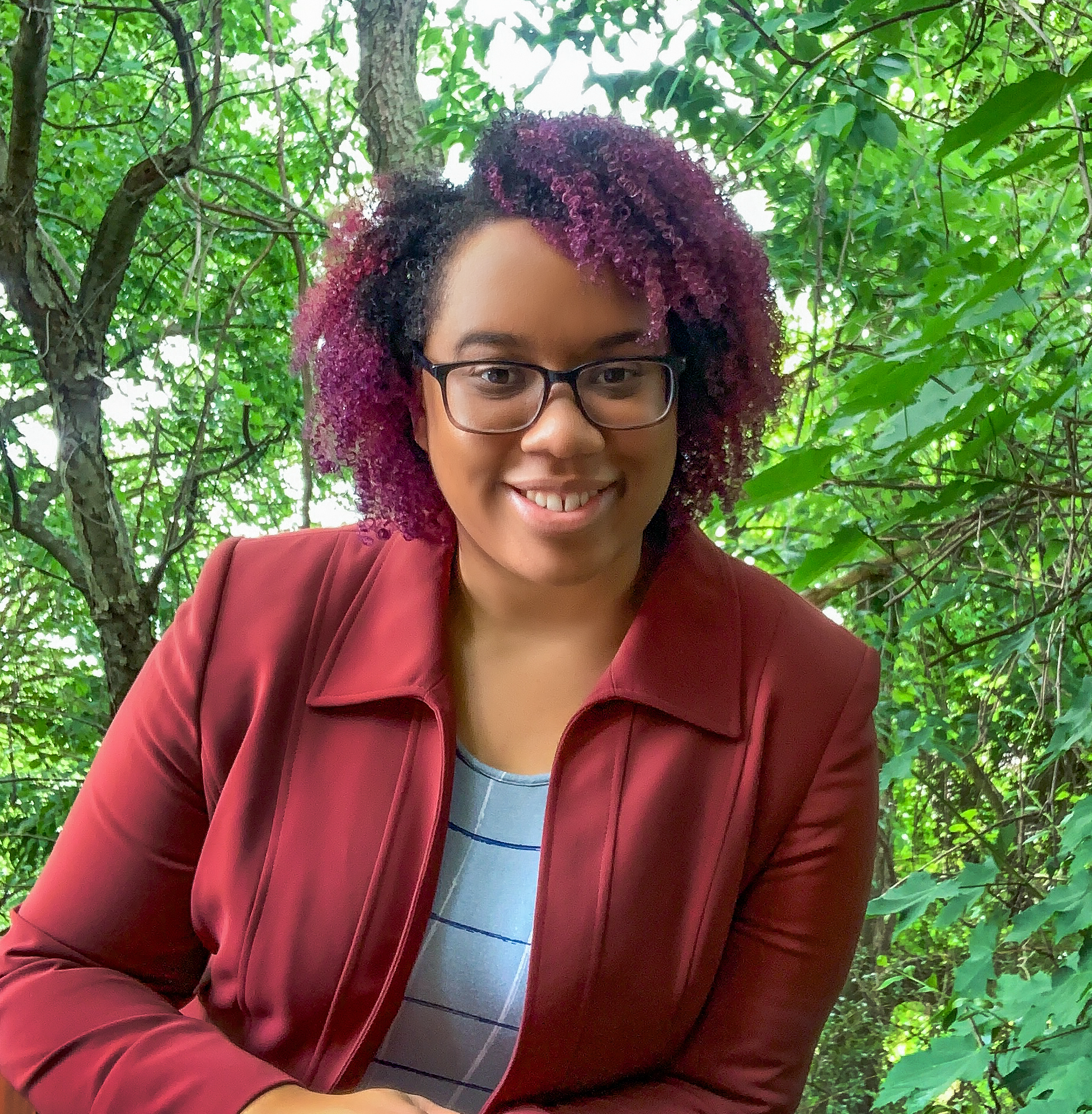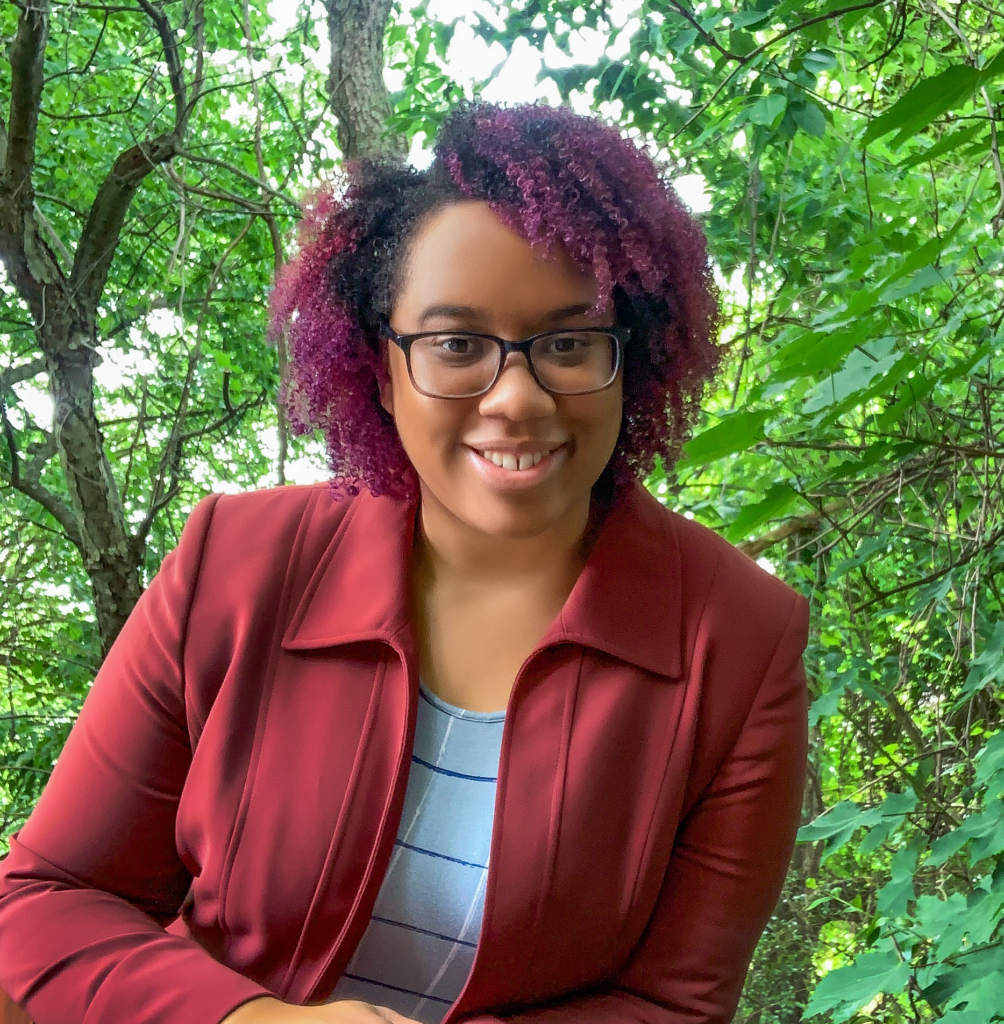 Dr. Angela Stewart is a Postdoctoral Fellow at the Human-Computer Interaction Institute at the Carnegie Mellon University. In 2020, she graduated from the University of Colorado Boulder with her Ph.D. in Computer Science. Her research focuses on development of equitable educational technologies. We recently caught up with Angela after one of our meetings and asked her to share a bit about herself and her work. To connect with Angela, follow her at @angelaebstewart.
Dr. Angela Stewart is a Postdoctoral Fellow at the Human-Computer Interaction Institute at the Carnegie Mellon University. In 2020, she graduated from the University of Colorado Boulder with her Ph.D. in Computer Science. Her research focuses on development of equitable educational technologies. We recently caught up with Angela after one of our meetings and asked her to share a bit about herself and her work. To connect with Angela, follow her at @angelaebstewart.
Before I came to educational tech, I studied theater. I’d long been fascinated with the power of stories to change minds and express unique thoughts and emotions. However, I realized that theater was not the career pathway I wanted to take. On a bit of a whim, I started exploring computer science. When I learned about research careers, I instantly wanted to find ways to overlap the world of drama with the world of computers. My exploration led me to affective computing. Concurrently, I was increasingly interested in education as a means for justice and equity. These interests all intersected and brought me to educational tech!
Describe your research in five words.
Tech that takes back power.
Please share a bit more about your research in one to three sentences.
I create educational technologies that center the agency and power of teachers and learners. These projects include social robots that encourage middle school girls of color to reflect on their intersectional identities and applications that scaffold teacher reflection, noticing, and goal setting to shape their classroom discourse.
What are your passions outside of work and research? And why are they important to you?
Outside of work and research, I enjoy dance, both practicing and watching! It’s important to me because it’s how I get out of my head, stop thinking for a bit, and reconnect with my body. Also, the dance community is awesome, and I love seeing different people show their culture through movement.
If you could offer one piece of advice to your past, pre-graduate school self, what would it be?
Find ways to disconnect from your research! I’m most rejuvenated when I take weekends and holidays to step away from my work and do other things I love. These breaks help me return to my work with a renewed perspective of how I can do impactful research for the world we live in.

